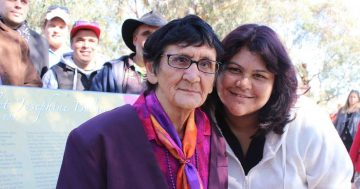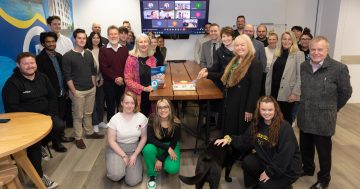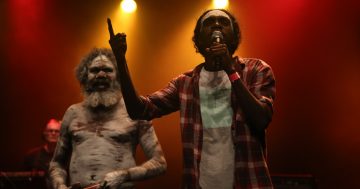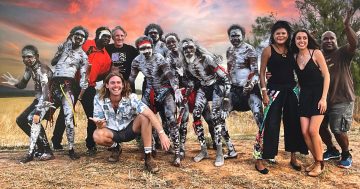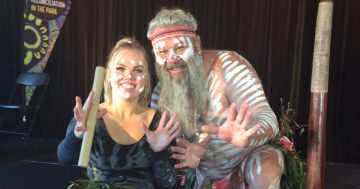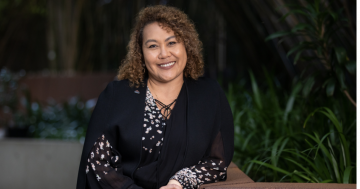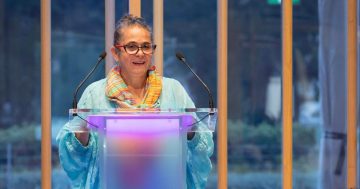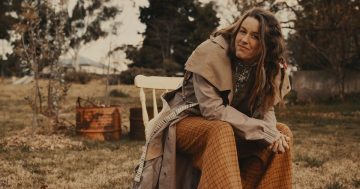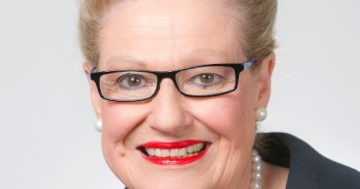
Reconciliation in the Park will be held between 10:30 and 2:30 on Monday. Image: Supplied.
As co-chair of the ACT’s Reconciliation Council, I’ve learned a lot about people’s attitudes to the issue. A lot of Canberrans care deeply. Others reject the need for Reconciliation. And quite a few people shrug their shoulders and say “it’s nothing to do with me”.
They believe (often wrongly) that they don’t know any Aboriginal people. They’ll acknowledge past injustice but say it had nothing to do with them or their families. They’ll talk about the need to put the past behind us and get on with the future.
Around this time last year, my co-chair Chris Bourke and I went to meet the local representative body, the United Ngunnawal Elders Council (UNEC). Of the dozen or so people in the room, I was the only one without Aboriginal ancestry and I felt compelled to account for myself and what business of mine it was to even be there.
My Irish ancestors arrived here less than 20 years after the First Fleet. Over a century, they lit out for the furthest corners of settlement and beyond. By the 1830s, their reach extended from Campbelltown to what would become the western NSW goldfields, and into the furthest reaches of the High Country.
And that means the story of my Byrne, O’Rourke, McNamara and Ryan ancestors marches alongside the story of the Ngunnawal and the Ngambri, the Wiradjuri and Dharawal peoples for the last two centuries, for good or for ill.
My husband’s family, with a similarly long Australian history in this region, spent their lives with Eva, a stolen generation woman from the Cootamundra Girls Home. They loved her deeply and long after she died, her fancywork and embroidery is still treasured. But as with my own family, that’s not the point.
Reconciliation is not about easing individual guilt. It’s not something you can forget because your family history is more recent, or different to mine. It’s not something that’s only Aboriginal business or only whitefella business. It’s a conversation that belongs to all of us.
We are all here because this was and is Aboriginal country. For millennia, this land was nurtured by people who knew its every mood and light, its every waterhole and ridgeline. It belonged to them.
Our great good luck in being citizens of this rich, peaceful, beautiful country cannot obscure the fact that this land was taken, not ceded. Often, it was taken in blood. More recently, its children were taken by force.
Left behind are generations of broken families, but also remarkable stories of strength, resilience and the endurance of proud, deep culture. This is our national story and every one of us must come to terms with the truth of what happened, to find a way to heal what has been broken and move on together.
This Reconciliation Day, I’d urge you to have an open conversation with someone close to you – a friend, a neighbour, a family member or workmate – about what Reconciliation means to you.
If you come along to Reconciliation in the Park from 10:30, strike up a chat and ask some questions of local Aboriginal people. Be open to that. Don’t presume you know the answers. Give it some time. Honest, respectful conversation is the best way to learn and understand our history.
Reconciliation in the Park takes place from 10:30 – 2:30 in Glebe Park.












